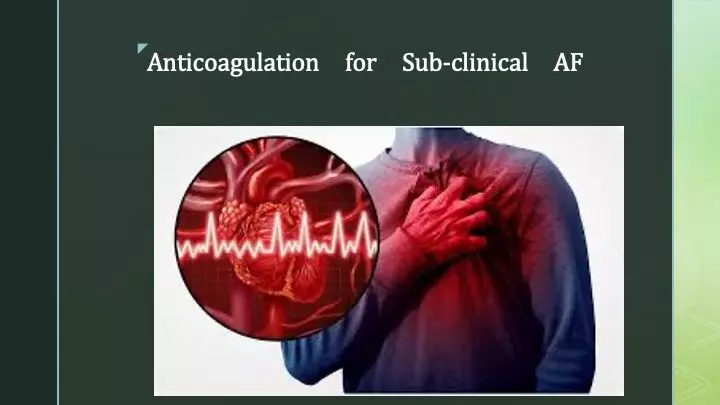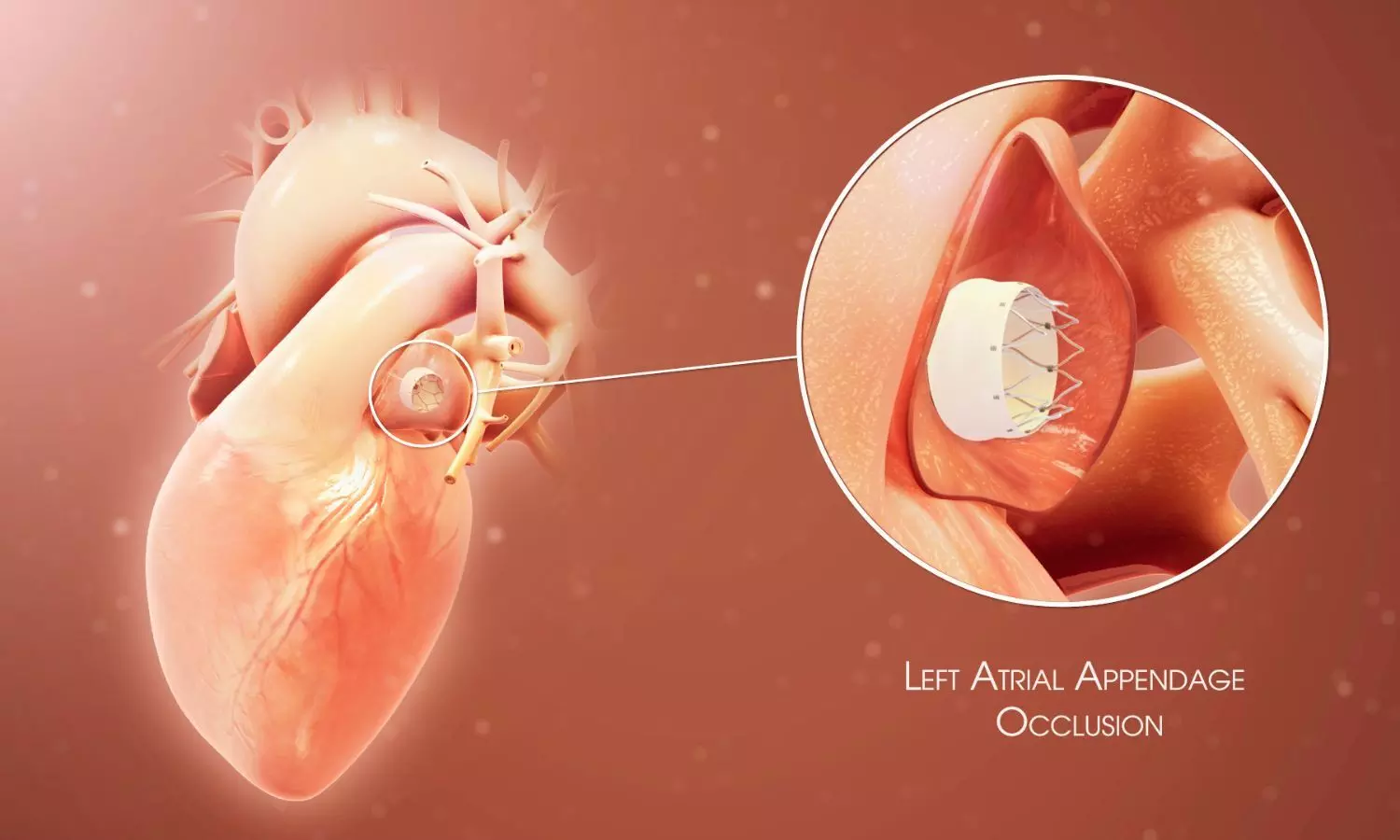- Home
- Medical news & Guidelines
- Anesthesiology
- Cardiology and CTVS
- Critical Care
- Dentistry
- Dermatology
- Diabetes and Endocrinology
- ENT
- Gastroenterology
- Medicine
- Nephrology
- Neurology
- Obstretics-Gynaecology
- Oncology
- Ophthalmology
- Orthopaedics
- Pediatrics-Neonatology
- Psychiatry
- Pulmonology
- Radiology
- Surgery
- Urology
- Laboratory Medicine
- Diet
- Nursing
- Paramedical
- Physiotherapy
- Health news
- Fact Check
- Bone Health Fact Check
- Brain Health Fact Check
- Cancer Related Fact Check
- Child Care Fact Check
- Dental and oral health fact check
- Diabetes and metabolic health fact check
- Diet and Nutrition Fact Check
- Eye and ENT Care Fact Check
- Fitness fact check
- Gut health fact check
- Heart health fact check
- Kidney health fact check
- Medical education fact check
- Men's health fact check
- Respiratory fact check
- Skin and hair care fact check
- Vaccine and Immunization fact check
- Women's health fact check
- AYUSH
- State News
- Andaman and Nicobar Islands
- Andhra Pradesh
- Arunachal Pradesh
- Assam
- Bihar
- Chandigarh
- Chattisgarh
- Dadra and Nagar Haveli
- Daman and Diu
- Delhi
- Goa
- Gujarat
- Haryana
- Himachal Pradesh
- Jammu & Kashmir
- Jharkhand
- Karnataka
- Kerala
- Ladakh
- Lakshadweep
- Madhya Pradesh
- Maharashtra
- Manipur
- Meghalaya
- Mizoram
- Nagaland
- Odisha
- Puducherry
- Punjab
- Rajasthan
- Sikkim
- Tamil Nadu
- Telangana
- Tripura
- Uttar Pradesh
- Uttrakhand
- West Bengal
- Medical Education
- Industry
Prior treatment with NOACs safe among patients receiving IV alteplase for acute ischemic stroke

In a significant development, a groundbreaking study revealed that compared to no anticoagulant treatment, prior NOAC treatment did not associate with a heightened risk of intracranial hemorrhage, major bleeding, or mortality in patients undergoing intravenous alteplase for acute ischemic stroke. This nationwide study results were published in the journal JAMA Network.
Present guidelines do not suggest the use of intravenous alteplase therapy for the treatment of acute ischemic stroke in patients previously treated with non–vitamin K antagonist oral anticoagulants (NOACs). Hence Taiwanese researchers conducted a nationwide cohort study to shed light on the safety of intravenous alteplase therapy for acute ischemic stroke in individuals who were previously treated with non–vitamin K antagonist oral anticoagulants (NOACs). The study, utilizing data from Taiwan’s National Health Insurance Research Database, spanned from January 2011 to November 2020 and involved the meticulous examination of 7483 patients who underwent alteplase treatment for acute ischemic stroke.
The primary focus of the study was to evaluate the potential risks of bleeding and mortality associated with alteplase treatment in patients who had received NOACs before their stroke, in comparison to those who had not been treated with NOACs. This comes at a critical juncture as current guidelines caution against intravenous alteplase therapy in such cases.
The research, designed as a population-based cohort study, employed rigorous methods to assess outcomes. Patients who received NOAC treatment within two days prior to their stroke were compared with those receiving either no anticoagulant treatment or warfarin treatment.
The study's findings:
- Contrary to concerns, patients treated with NOACs did not demonstrate a significantly higher risk of intracranial hemorrhage, major bleeding events, or in-hospital mortality compared to those without anticoagulant treatment.
- The results were obtained through propensity score matching to control potential confounding variables and logistic regression to estimate odds ratios for outcome events.
- Furthermore, the study delved into a meta-analysis, incorporating its results with those from previous studies.
- The consistency of findings across various studies adds weight to the conclusion that patients treated with NOACs prior to their stroke do not face an elevated risk when undergoing intravenous alteplase therapy.
This reassurance is particularly significant given the challenges posed by acute ischemic stroke and the complexities introduced by anticoagulant treatments. The research not only addresses a critical gap in current medical knowledge but also provides clinicians with valuable insights when making treatment decisions for stroke patients with a history of NOAC use. As the medical community continues to grapple with the long-term consequences of COVID-19, studies like these offer tangible progress toward refining and personalizing treatment approaches for individuals with post-viral complications, ensuring that patient care remains at the forefront of medical advancements.
Further reading: Tsai T, Liu Y, Huang W, et al. Risk of Bleeding Following Non–Vitamin K Antagonist Oral Anticoagulant Use in Patients With Acute Ischemic Stroke Treated With Alteplase. JAMA Intern Med. Published online November 20, 2023. doi: 10.1001/jamainternmed.2023.6160
BDS, MDS
Dr.Niharika Harsha B (BDS,MDS) completed her BDS from Govt Dental College, Hyderabad and MDS from Dr.NTR University of health sciences(Now Kaloji Rao University). She has 4 years of private dental practice and worked for 2 years as Consultant Oral Radiologist at a Dental Imaging Centre in Hyderabad. She worked as Research Assistant and scientific writer in the development of Oral Anti cancer screening device with her seniors. She has a deep intriguing wish in writing highly engaging, captivating and informative medical content for a wider audience. She can be contacted at editorial@medicaldialogues.in.
Dr Kamal Kant Kohli-MBBS, DTCD- a chest specialist with more than 30 years of practice and a flair for writing clinical articles, Dr Kamal Kant Kohli joined Medical Dialogues as a Chief Editor of Medical News. Besides writing articles, as an editor, he proofreads and verifies all the medical content published on Medical Dialogues including those coming from journals, studies,medical conferences,guidelines etc. Email: drkohli@medicaldialogues.in. Contact no. 011-43720751




